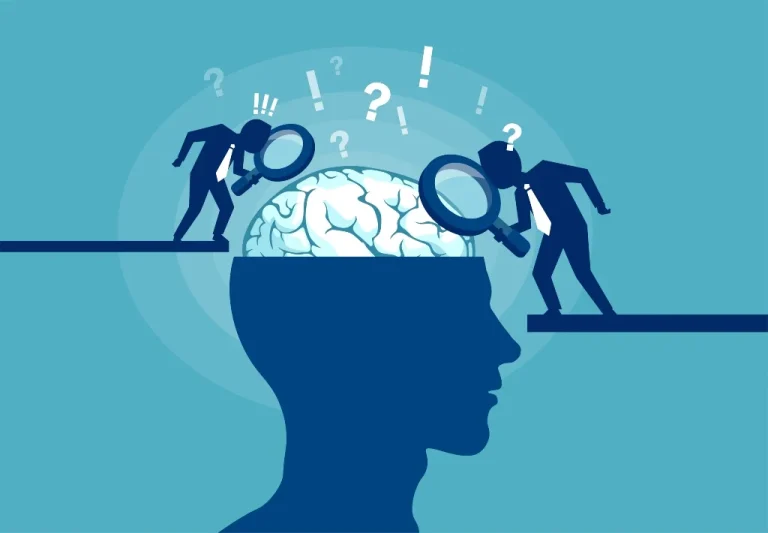Any emotional disorder requires psychological treatment to overcome it, but there are also many things we can do for ourselves. And the first step is to identify our problem. When an anxiety disorder makes us fearful, pessimistic, negative, and insecure, the first thing to do is to recognize the wrong behavior. The pessimism that comes from anxiety.

When anxiety makes you a pessimist?
Anxiety as a pathology has the same origin. It is a mismatch between our perception of a threat and the reality of that threat. However, if the origin of anxiety is the same in all cases, the way it manifests itself is very different. Some people become insecure, others fearful, others irritable, others introverted, and still others pessimistic.
In the same way that pessimism as a character trait can lead us to anxiety; it can also be anxiety that generates that pessimism. And everything is related to that feeling of constant danger that accompanies us in an anxiety disorder. There is a lot of risk that everything will go wrong, and then surely everything will go wrong. And indeed everything goes wrong, so pessimism seems, in principle, more than justified.
Nerves appear because we are afraid that something bad will happen. In the same way, insecurity arises because we do not have everything under control. When we feel a danger, which in the case of an anxiety disorder is constant, we must react to face it. But if we face it with negativity and pessimism, the result is the confirmation of all our fears.
How to avoid the pessimism of anxiety?
The problem with that pessimism that is caused by anxiety is the distortion of reality that we make. An anxiety disorder transforms reality to such an extent that self-help guidelines are of little use. The most effective treatment to bring us back to the real world is psychotherapy, especially cognitive therapy and rational emotive therapy.
Although we should be more careful than ever to distance ourselves from any negative influence that feeds our pessimism, like all those people who exude negativity, who smile little, who only talk about problems or who see everything as very difficult. Although we are not capable at this moment, we must surround ourselves with those who know how to see the glass half full, to be able to think that it is possible.
Because our pessimism will go away as we learn to manage anxiety. As we verify how we can change small things in our environment, turning them into allies and not at risk of imminent disaster. Against pessimism, there is nothing better than experiencing how things sometimes turn out well.






